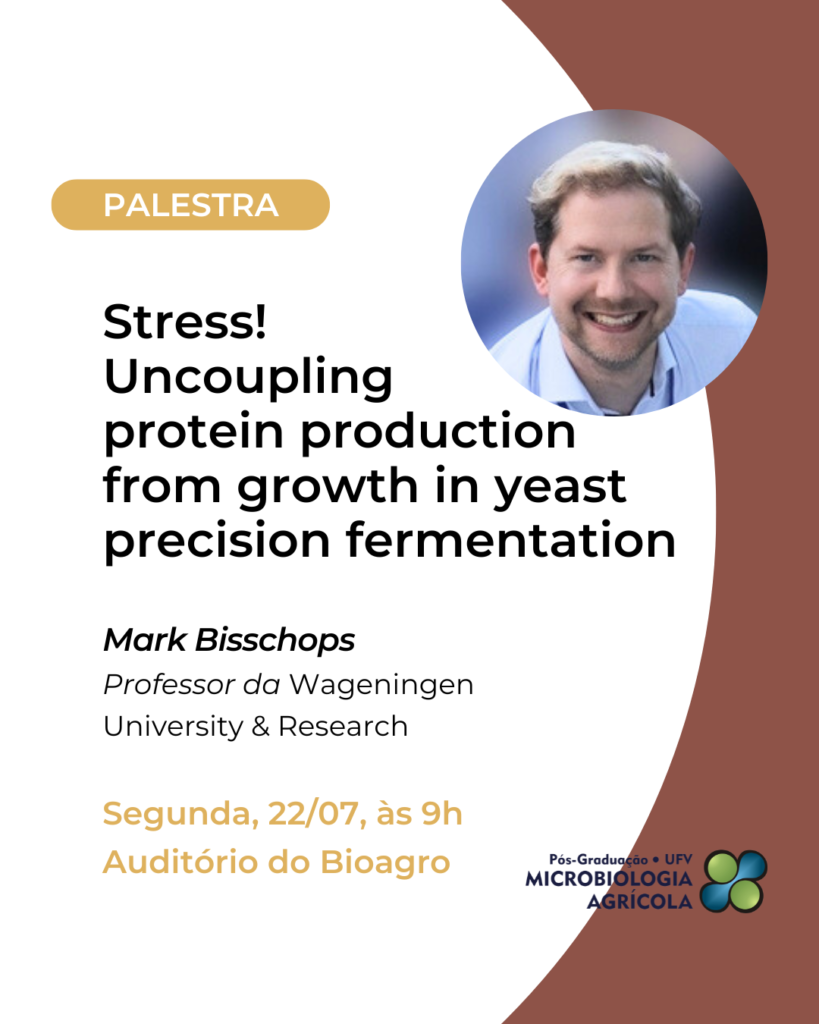 World population growth and climate change pose a major challenge for food security in a sustainable context. In this sense, precision fermentation has become a sustainable solution due to the potential for converting renewable raw materials into specific and highly nutritious proteins by microorganisms, such as the production of beta-lactoglobulin protein from whey by yeasts.
World population growth and climate change pose a major challenge for food security in a sustainable context. In this sense, precision fermentation has become a sustainable solution due to the potential for converting renewable raw materials into specific and highly nutritious proteins by microorganisms, such as the production of beta-lactoglobulin protein from whey by yeasts.
However, not all nutrients reach the desired product, resulting in low yields. In order to increase product yields, the research conducted by Professor Mark Bisschops, from Wageningen University & Research in the Netherlands, aims to decouple product formation from growth in order to redirect nutrients to the protein of interest.
While in Brazil, Professor Mark will give a lecture to the Agricultural Microbiology Graduate Program community next Monday, July 22. He will present results showing that target protein production can be decoupled from growth, leading to continuous production and low growth rates, improving the efficiency of precision fermentation.
The talk “Stress! Uncoupling protein production from growth in yeast precision fermentation” is open to all interested parties. On 22/07, at 9am, in the Bioagro Auditorium.

Leave A Comment